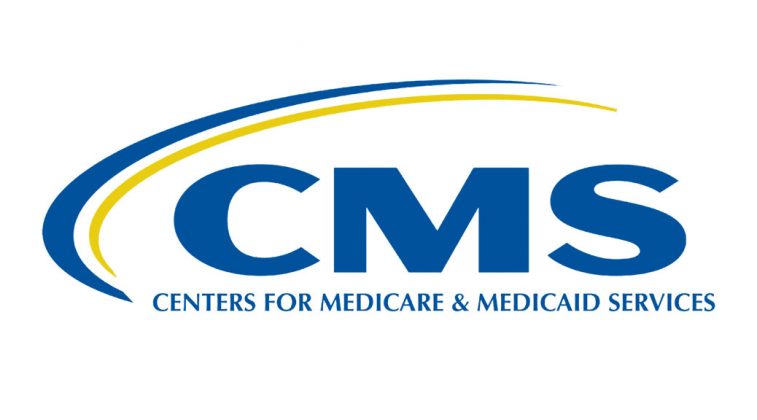The Centers for Medicare & Medicaid Services have updated its Hospital Interpretative Guidelines for Informed Consent to lay emphasis on the requirement of obtaining informed consent from patients before medical students or other students perform any significant surgical tasks or sensitive or invasive procedures or examinations.
The guidance states that the absence of informed patient consent prior to allowing practitioners or supervised medical, advanced practice provider, or other applicable students to perform training- and education-related examinations outside the medically necessary procedure has raised increasing concerns, especially on anesthetized patients. Thus, hospitals are being reinforced with informed consent obligations.
In a letter to teaching hospitals and medical schools, Department of Health and Human Services (HHS) officials highlighted the importance of hospitals setting clear guidelines to ensure that providers and trainees performing these examinations first obtain and document informed consent from patients before performing sensitive examinations in all circumstances. The right to refuse consent for sensitive examinations conducted for teaching purposes and the right to refuse to consent to any previously unagreed examinations to treatment while under anesthesia are a part of informed consent.
The letter also notes that HHS’ Office for Civil Rights will continue to work with HIPAA-covered entities to guarantee that their policies and practices related to sensitive examinations do not discriminate against patients on the basis of sex, race, national origin, age, and disability.




